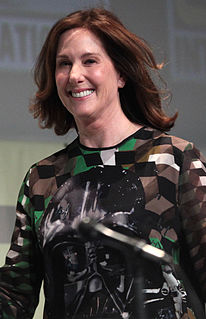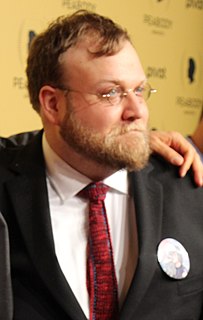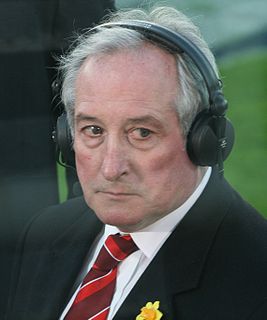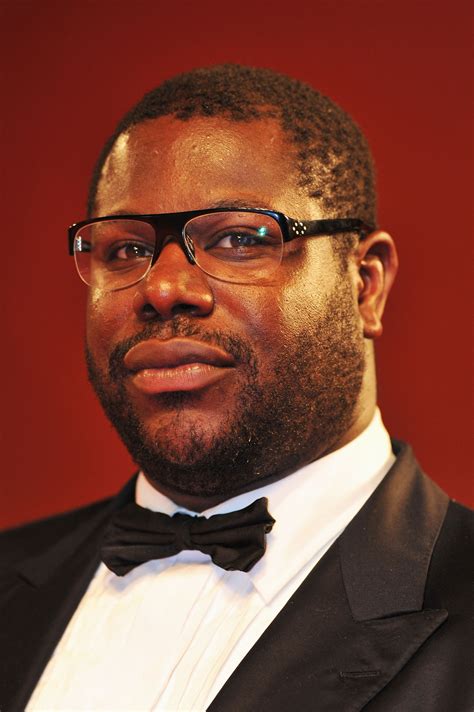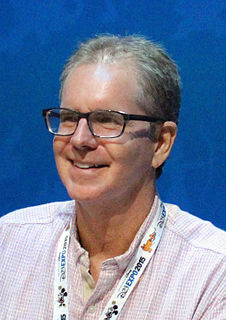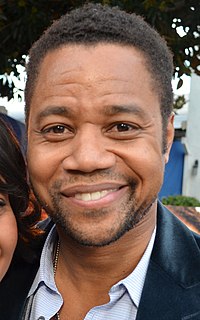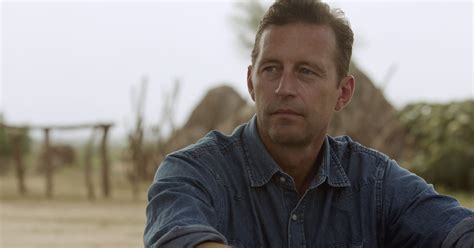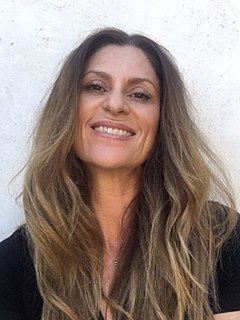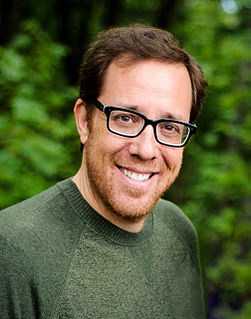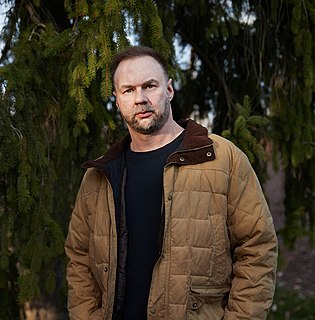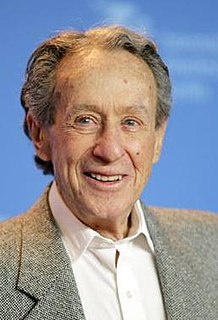Top 17 Storyboarding Quotes & Sayings
Explore popular Storyboarding quotes.
Last updated on November 29, 2024.
But actually making pictures to look like my pictures, I've done it for so long, I'm kind of used to it now. So at the beginning of the process, designing and storyboarding everything, I sort of did all that. And then designed the characters, and doing the textures for the characters, and the texture maps to cover all the animated characters and the sets, I did those, because that's where my sort of coloring and textures get imprinted on the film.
I know this sounds weird, but I was into storyboarding when I was younger. I loved coming up with my own style through fashion blogs and magazines. But I've never liked trying things on. I don't know why. It was more about making mood boards. I've loved fashion my whole life, but more the imagery of it than actually wearing it.
Films are made the same today, as they've ever been made, in certain respects. The scriptwriting, the pre-production, the storyboarding, and the designing are all the same. The technique of animation has changed, in the sense that rather than drawing it by hand, we use a computer as a tool. The computer has become a pencil to draw or paint the images that we see in a film.
I don't storyboard. I guess it dates back to my days in live television, where there was no possibility of storyboarding and everything was shot right on the spot - on the air, as we say - at the moment we were transmitting. I prefer to be open to what the actors do, how they interact to the given situation.
Cinematography was incredibly foreign to me, so I read as much as I could about it. Once I figured out that it was just photography with a set shutter speed, I got some slide film and I just went about storyboarding the script and taking snapshots. I took a ton of time doing it just to make sure I knew exactly what I was doing. By the end of it I knew what the film was going to look like - my exposure and the composition and everything. I wasn't scared of cinematography anymore.
